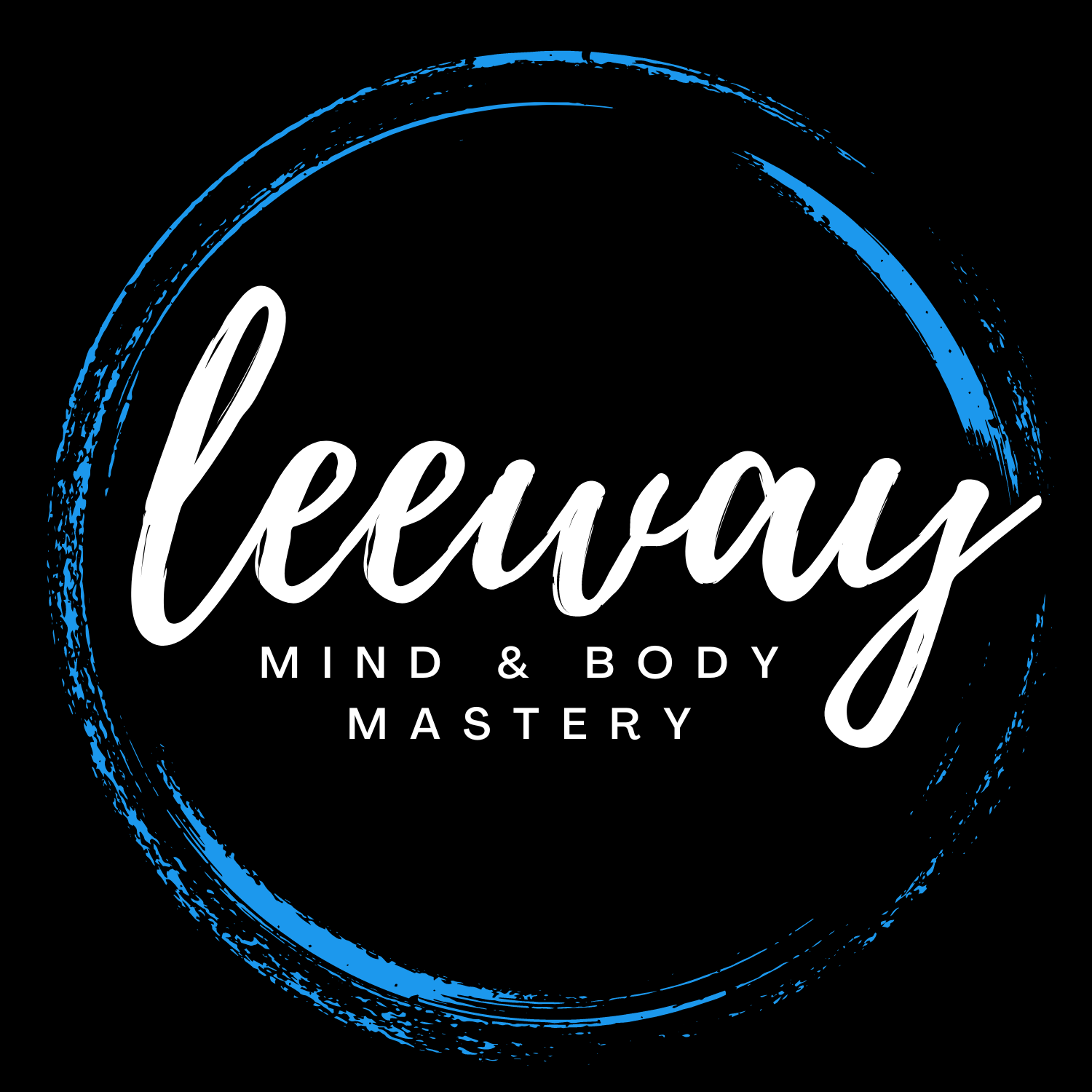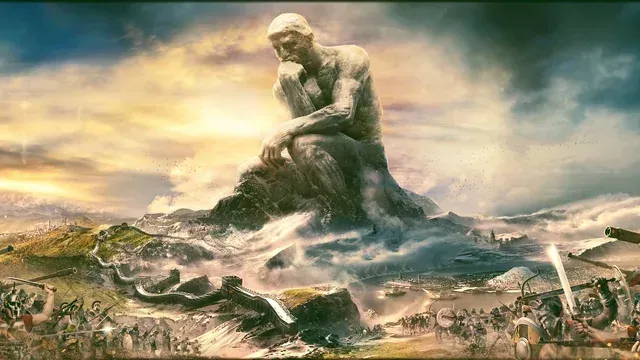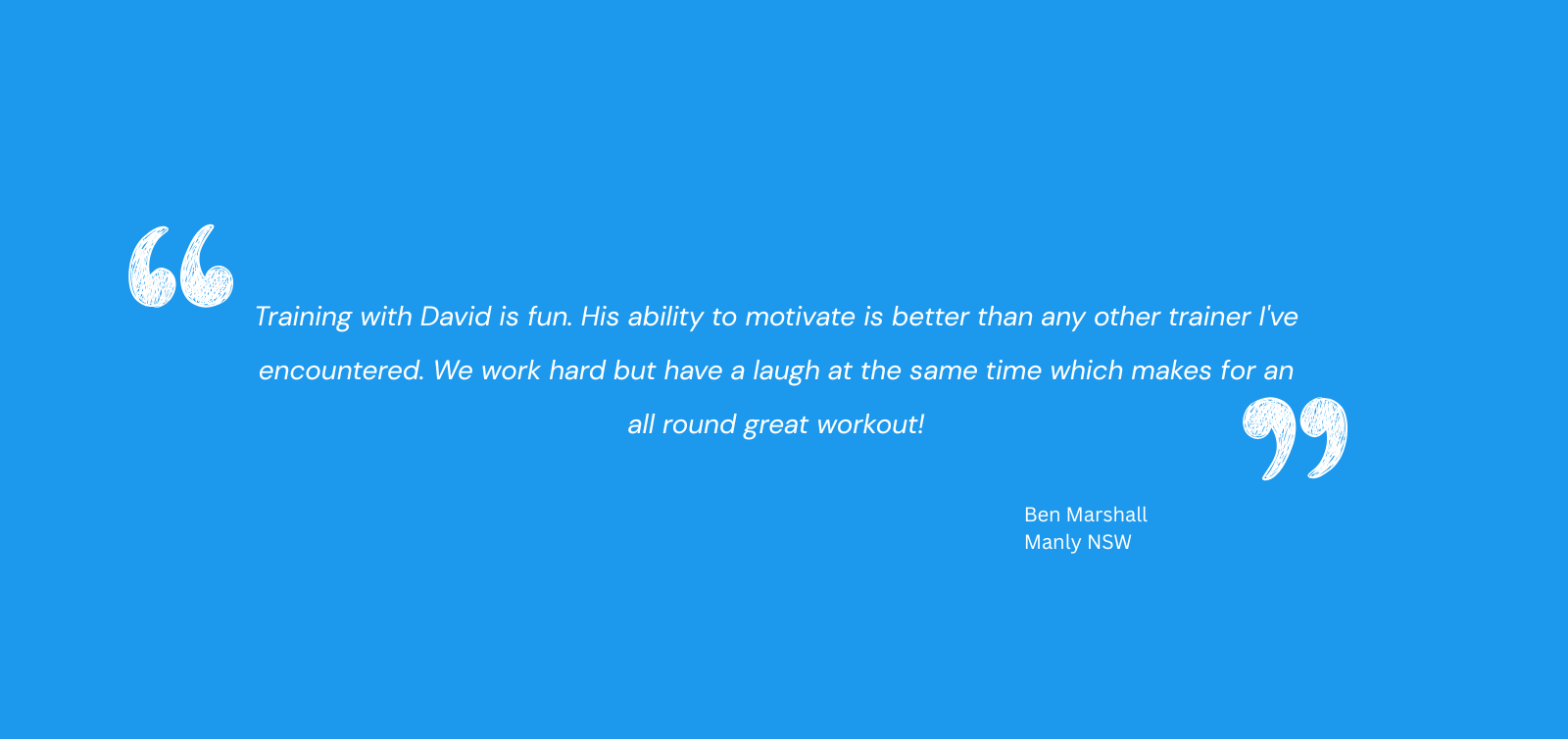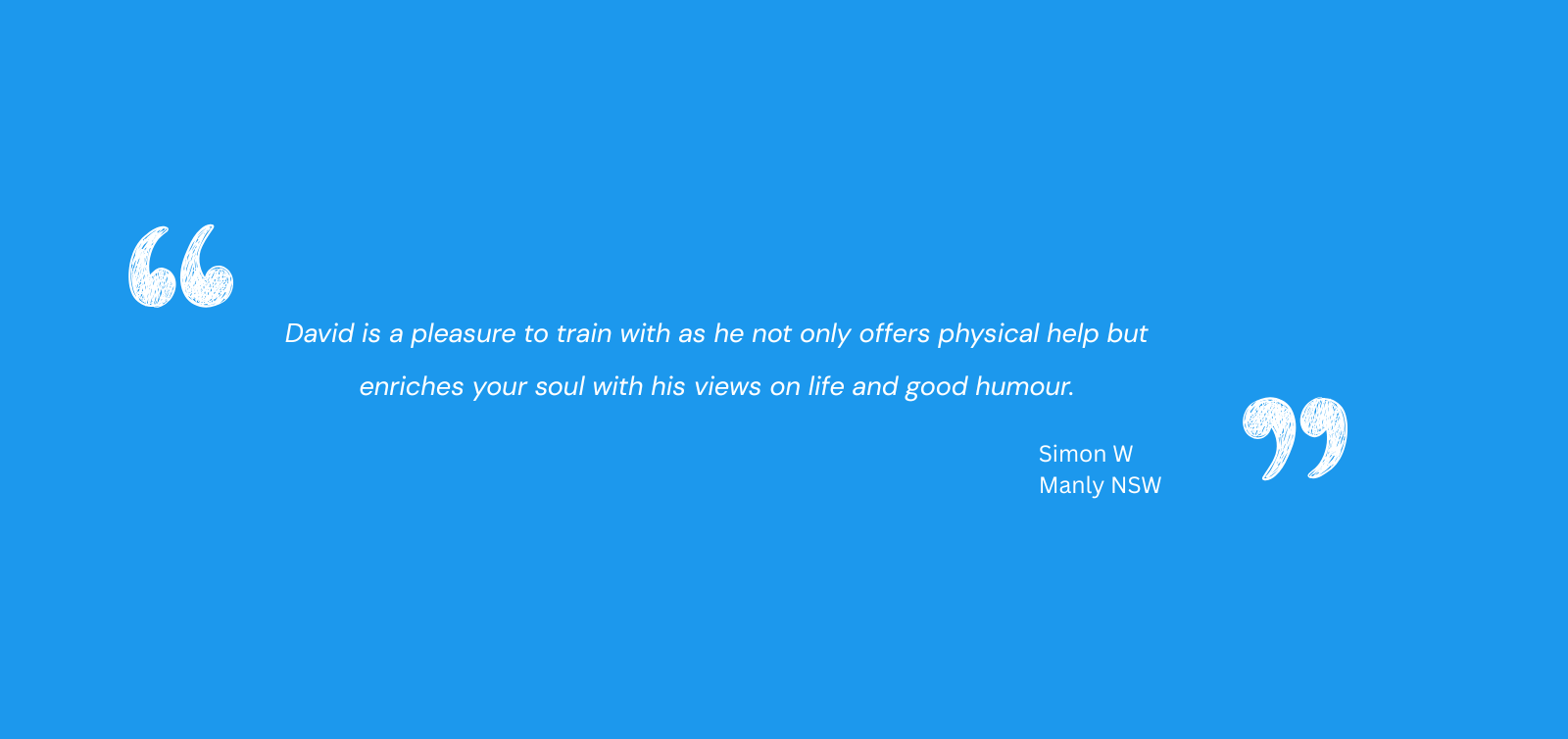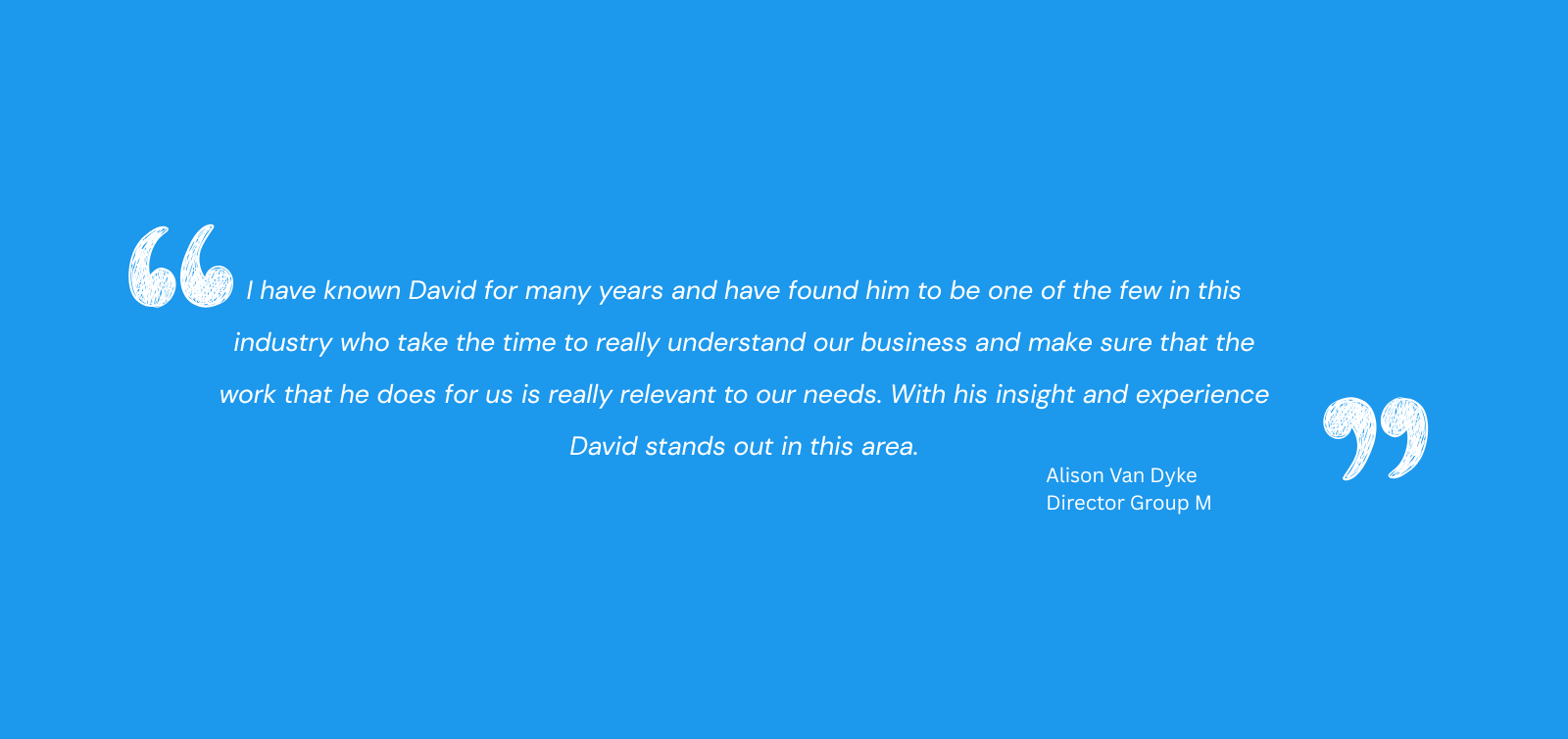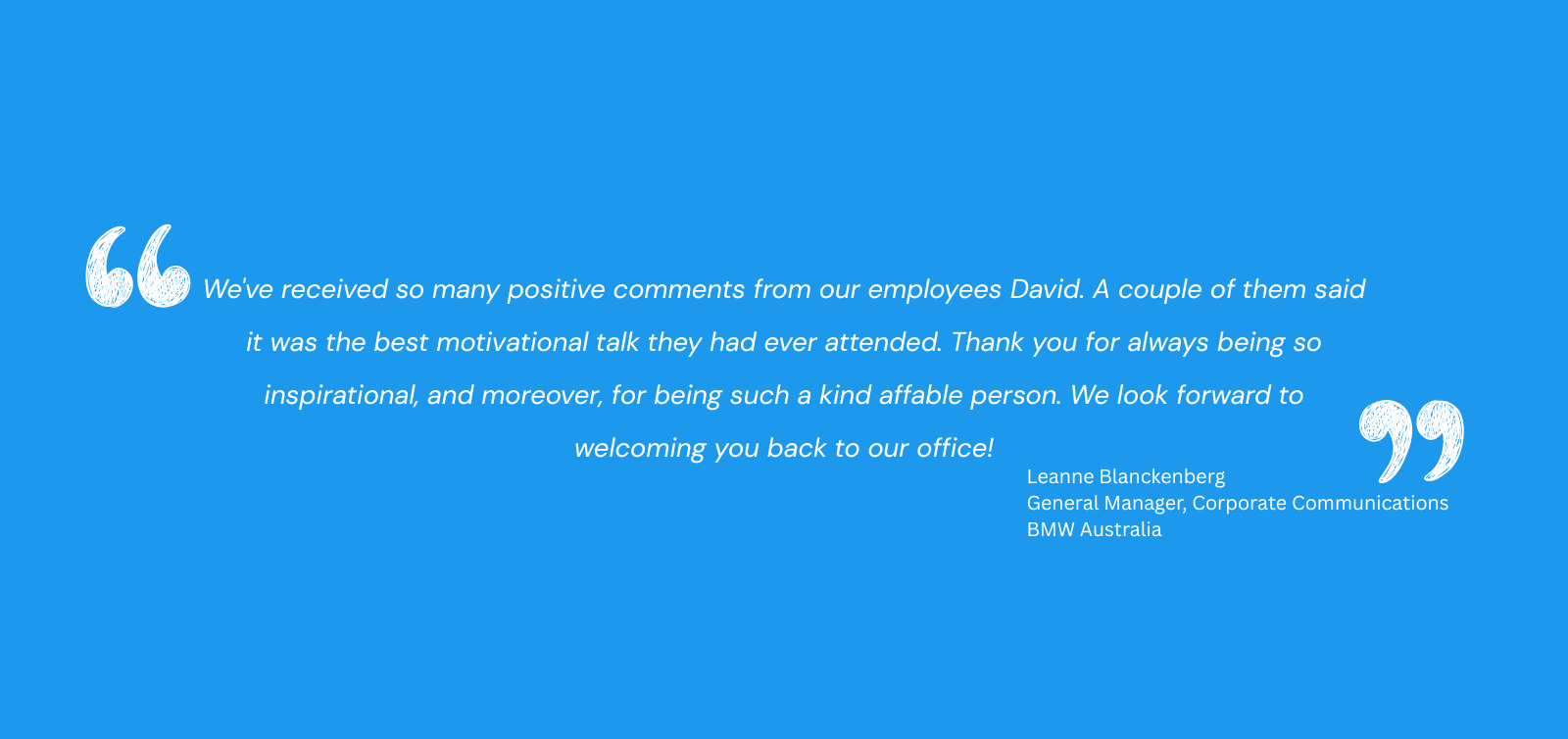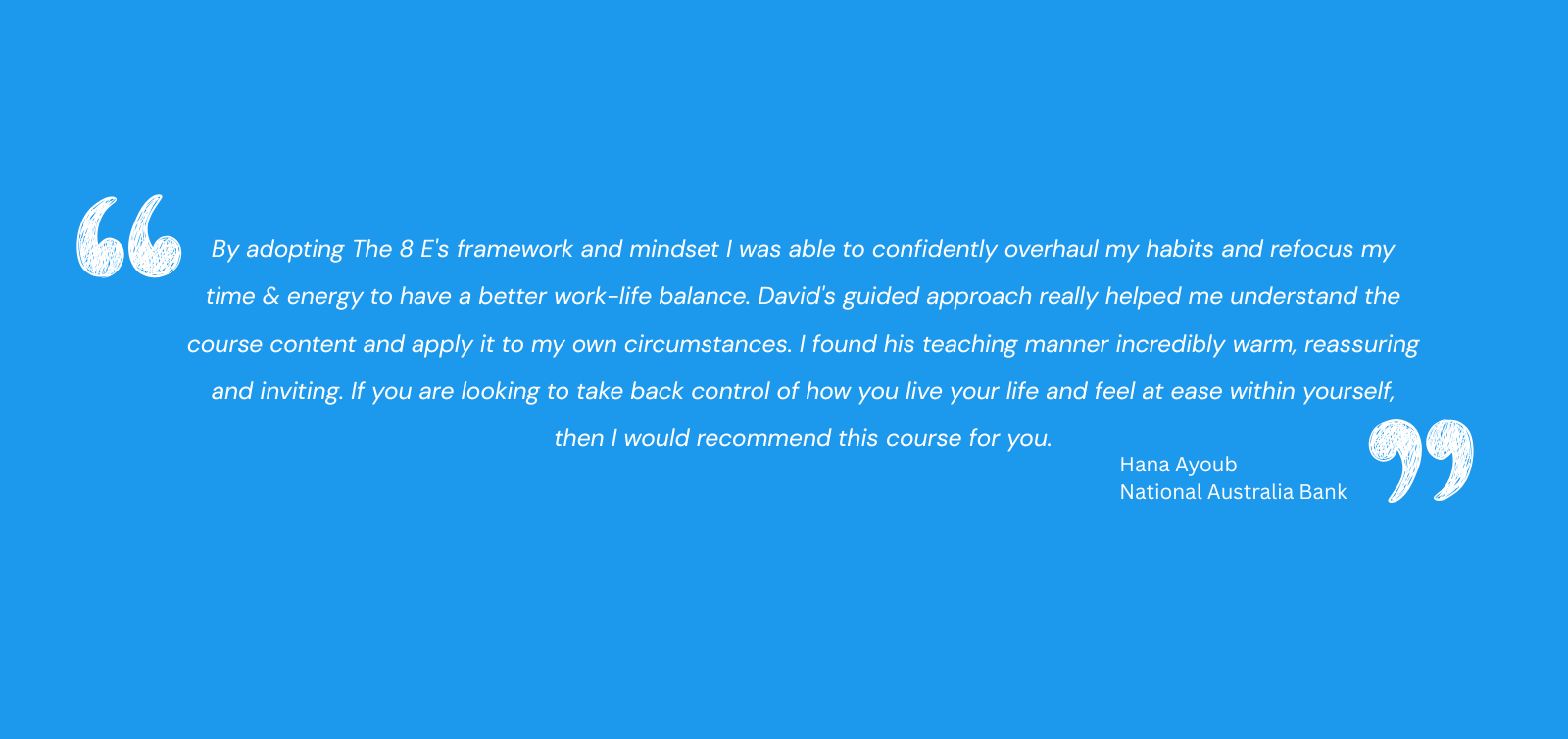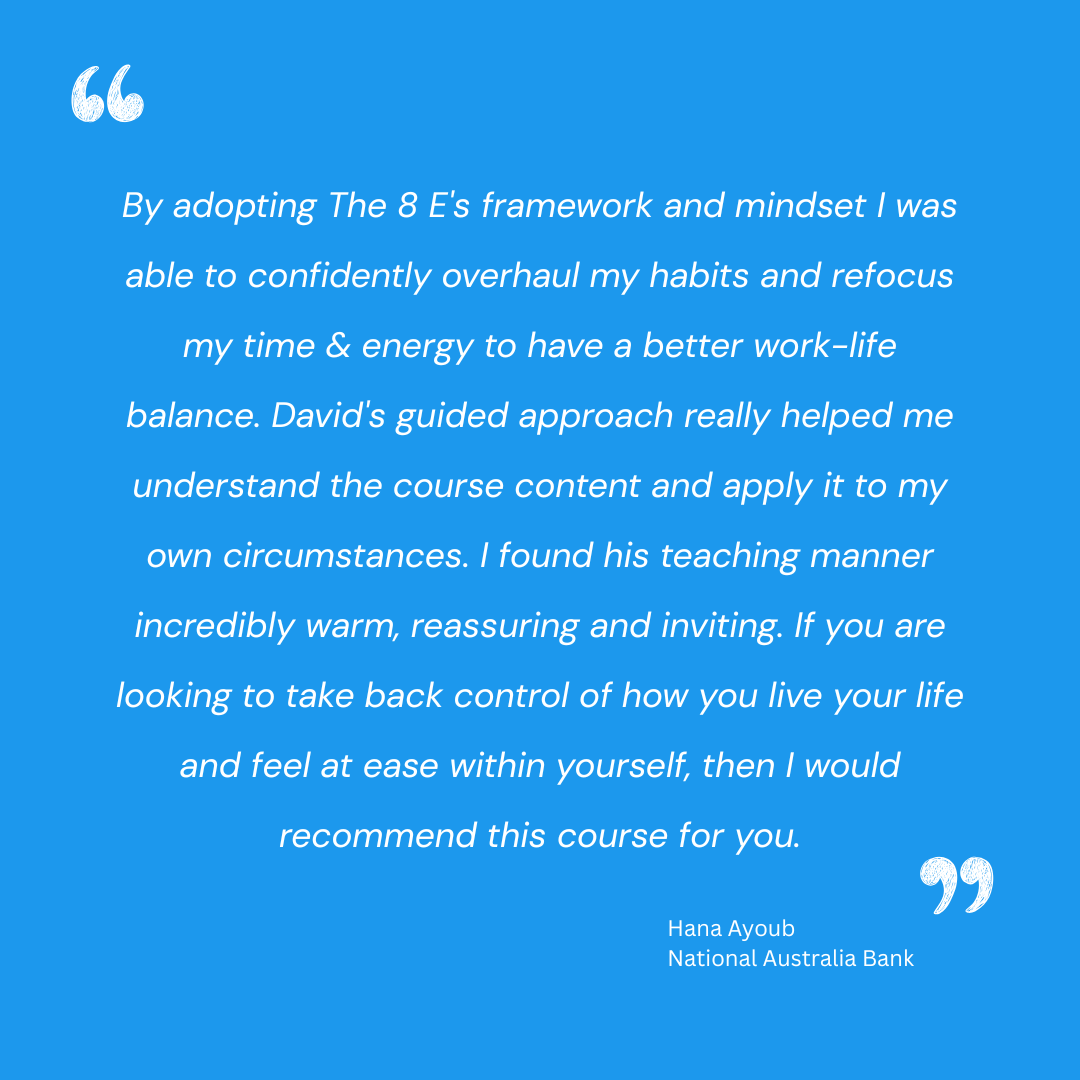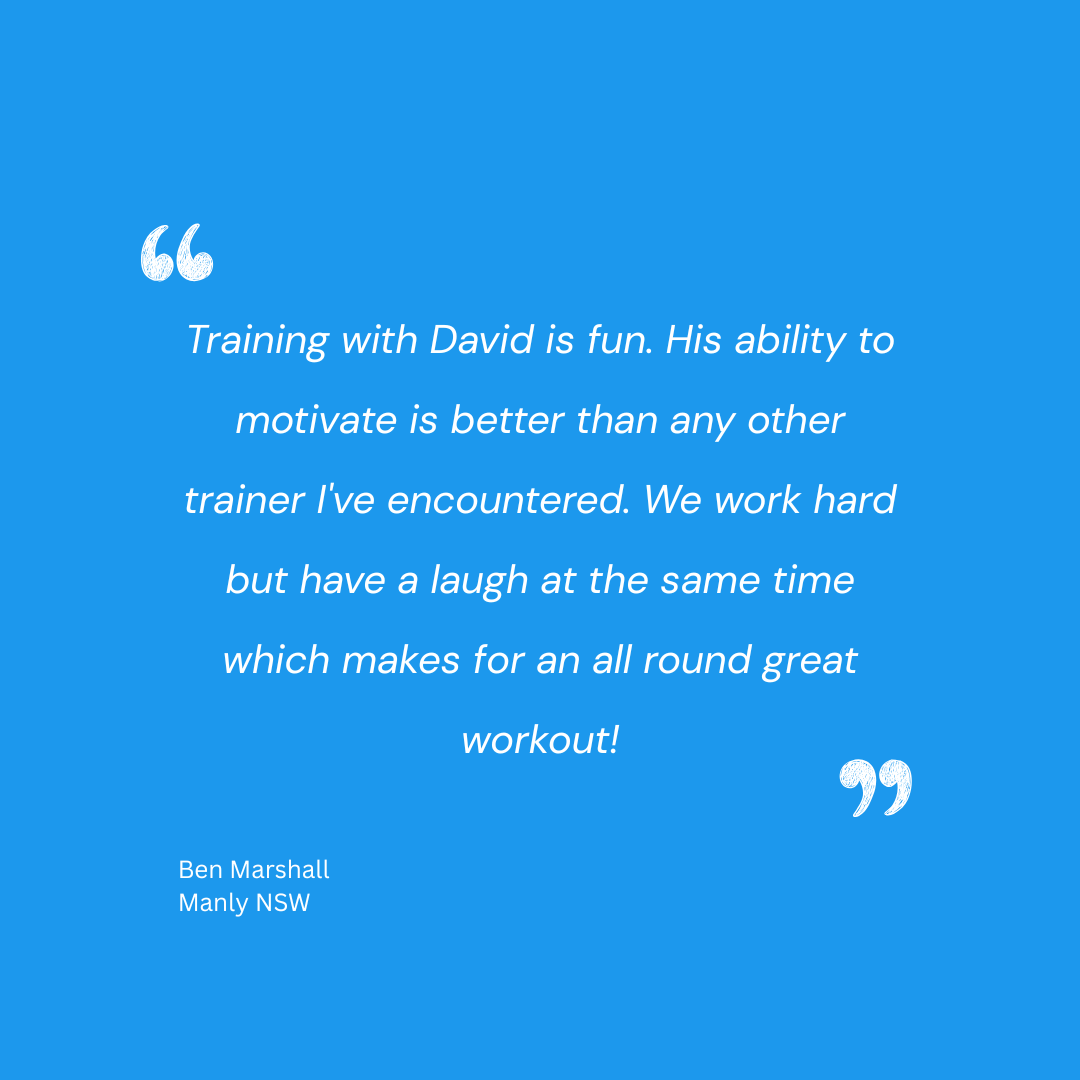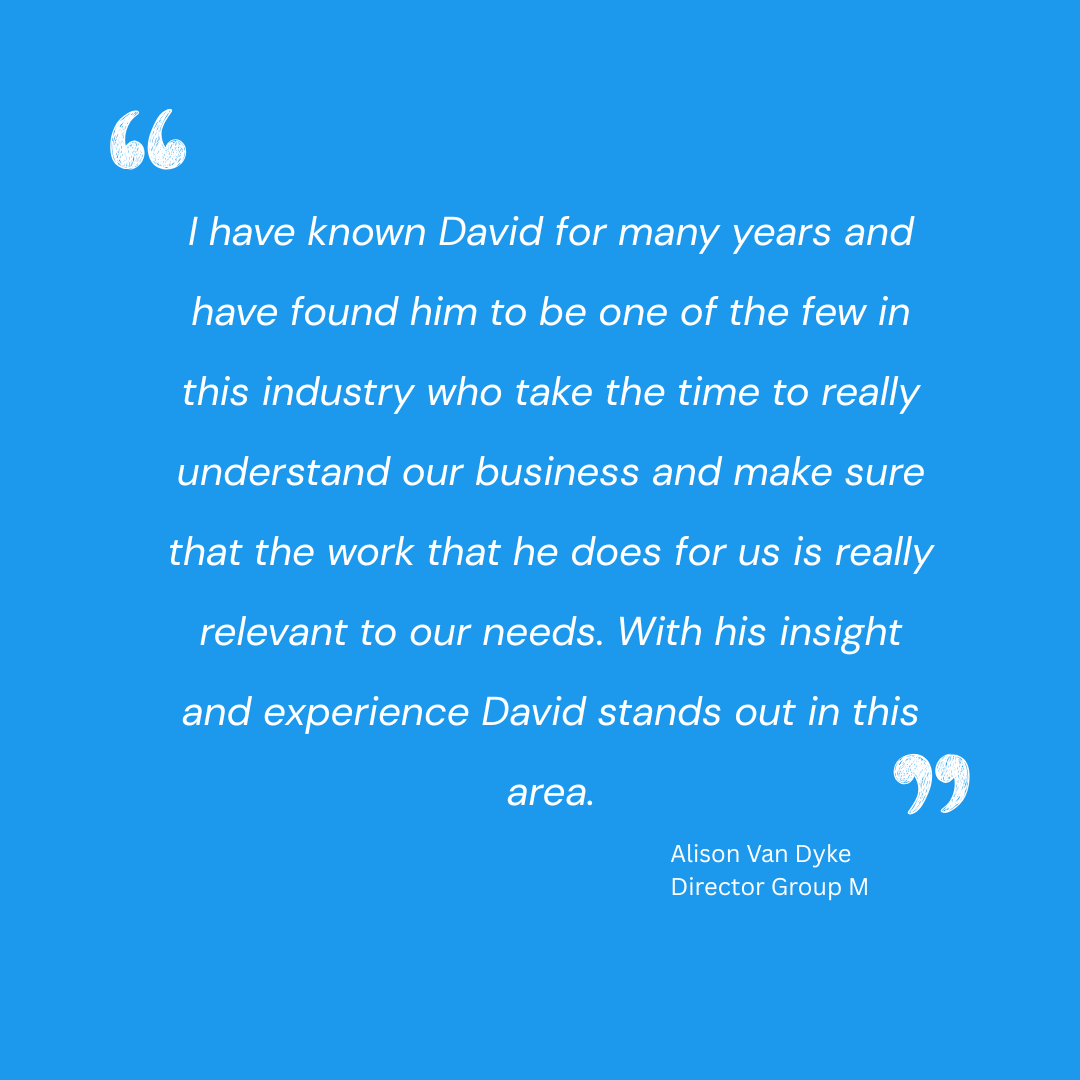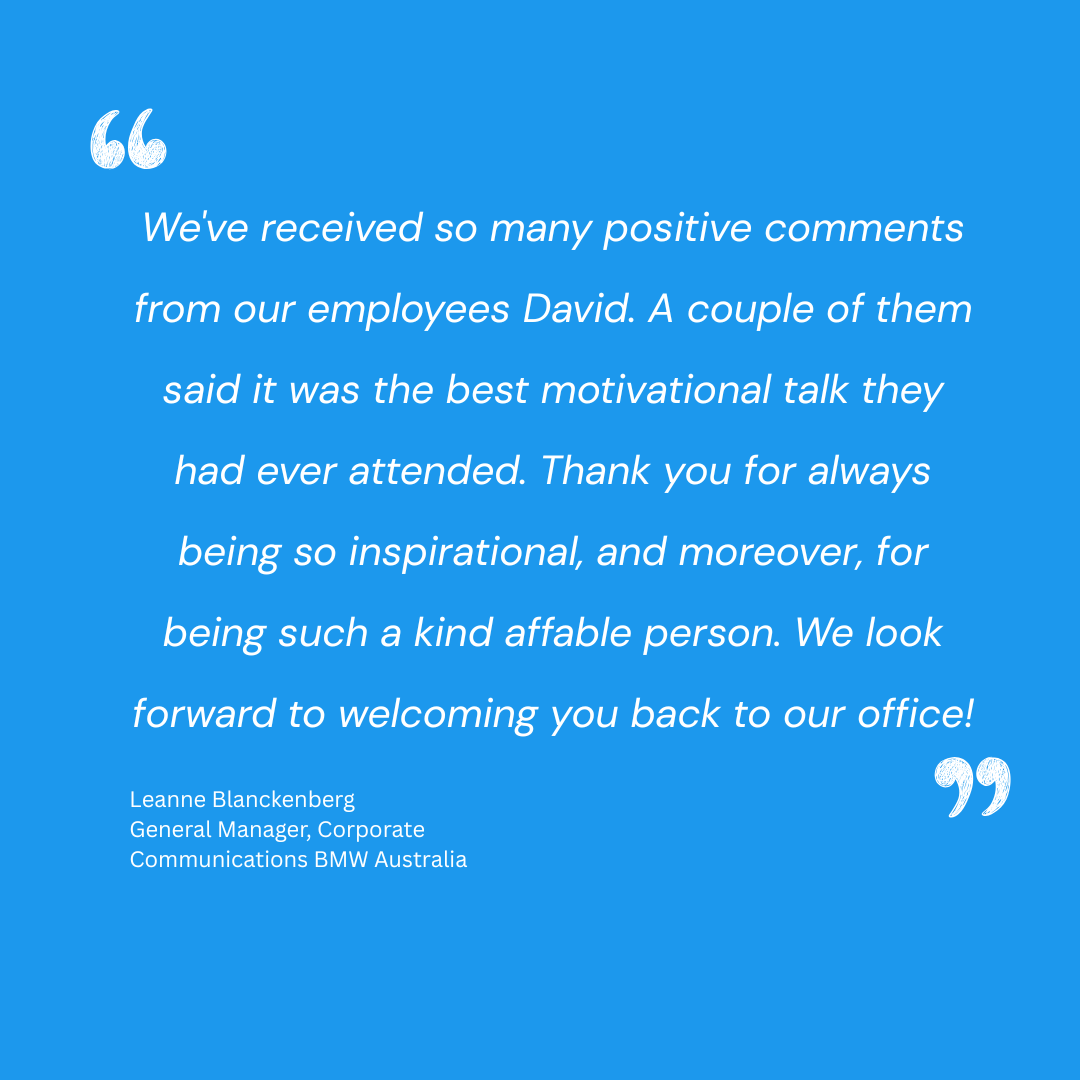Winter is coming – but how many remain?
March 29, 2021
And in the end, it’s not the years in your life that count. It’s the life in your years. Abraham Lincoln
As the days shorten and the temperature drops, I am reminded of the fact that I used to dread Winter.
I believed, rightly or wrongly, that I suffered from seasonal adjustment disorder or S.A.D as I felt was an appropriate acronym.
I once expressed my dislike for winter in no uncertain terms to my friend Yorick, who replied “what if this was the last winter of your life?”
Curiously, the phrase “Alas poor Yorick” refers to the brevity of human life. 'Alas, poor Yorick! I knew him, Horatio' comes from Shakespeare's Hamlet. Hamlet speaks the line in a graveyard, as a meditation on the fragility of life...
The conversation with Yorick the optimist, continued around a discussion of roasts, red wine, fireplaces and footy. I now absolutely love winter!
For years, I have been asking my clients, in future pacing conversations, if they have ever considered what they would be like at their own 80th birthday?
Most have never considered the event and the ones who had, have an enviable party planned and I am confident their plan will not be a wish – a goal without a plan is really just a wish…
For those who have not, I offer a couple of scenarios of how that event may look.
They are either standing up straight and strong, having stood from their chair unaided, and articulately thanking their loved ones for attending, proud of the memories and experiences they have created and the loyal friends and family in attendance, whom they are grateful for and proud of.
The alternative scenario (if they actually get to that age) is that they are in a wheelchair, riddled with health ailments, not sure of who those in attendance actually are, and unable to speak for the room to hear - but one thing they can be sure of is that those in attendance are most probably there to ensure their names are included in their will… Where there’s a will, there’s a relative…
As is the case with future pacing exercises, we then work back from then until now to ensure that the current day and future days deliver the desired outcome they plan to achieve.
Recently however I had a different perspective on arriving at a ripe old age.
My father had his 85th Birthday and stood up with the strength and agility of a 40-year-old and gave a hearty and intelligent speech in respect of the 10 children he had raised and his pride and happiness for the grandchildren and great grandchildren in attendance.
The life expectancy for Australia in 2020 was 83.5 years, a 0.18% increase from 2019.
My shift in perspective was that it is not unlikely that many of us will attain the age of 85 and if you’re one of my clients, not only would you stand up with the strength and agility of a 40 year old, but you’d give a pretty good account of yourself, with an attitude of gratitude and you’d throw a few jokes into your speech to the cheers of your grateful guests..(oh and you’d be raising a very good glass of champagne at the conclusion…)
However, the future pacing exercise I have recently introduced is based around a mathematical calculation in consideration of where you are at in life right now.
85 years equates as 365 x 85 = 31,025 days...
So, if you are 50, by these calculations; 50 x 365 = 18,250 leaving 12,775 days on the planet and 35 winters...
Get your calculator out and work out how many days you have remaining.
The idea of your days being numbered really sinks in after this exercise and must make one really consider the value you are placing on your time.
I once had a client complain that she did not have time in her day for exercise or enough time for good food preparation for healthy lunches.
When I asked her what time, she got home from work she said 6.30pm. I asked what time she went to bed, and she said midnight. I then asked what time she woke up of a morning and what time did she leave for work. She told me her alarm goes off at 7am and she left the house by 7.30 am, without breakfast most days. My final question was around what she did from the time she got home until she went to bed – she had dinner and then watched television for around 4 hours...
I was prompted to ask her would she ever consider getting up at 3am in the morning and watch TV for 4 hours? Obviously, her answer was “NO” and the realisation was that she was literally, killing time.
Like a snow flake you will never come around again.
You are unique and the traits and gifts you have been given are unique to you. Develop them by daily respect of the time you give to them. Use it or lose it refers not only to our physicality, but to our mental acuity.
The idea that someone goes to the gym once and quits because they did not see results is as ludicrous as the person who tries mediation once and quits because they did not experience less stress, or clarity, or peace of mind or improved sleep or greater self-awareness.
All we have is this moment – Day by day is the only way you can really approach your future – today is all you can really affect - but make the most of each day.
Be well.
DL
“Begin doing what you want to do now. We are not living in eternity. We have only this moment, sparkling like a star in our hand – and melting like a snowflake” Francis Bacon
Don’t keep this to yourself. Spread the word.
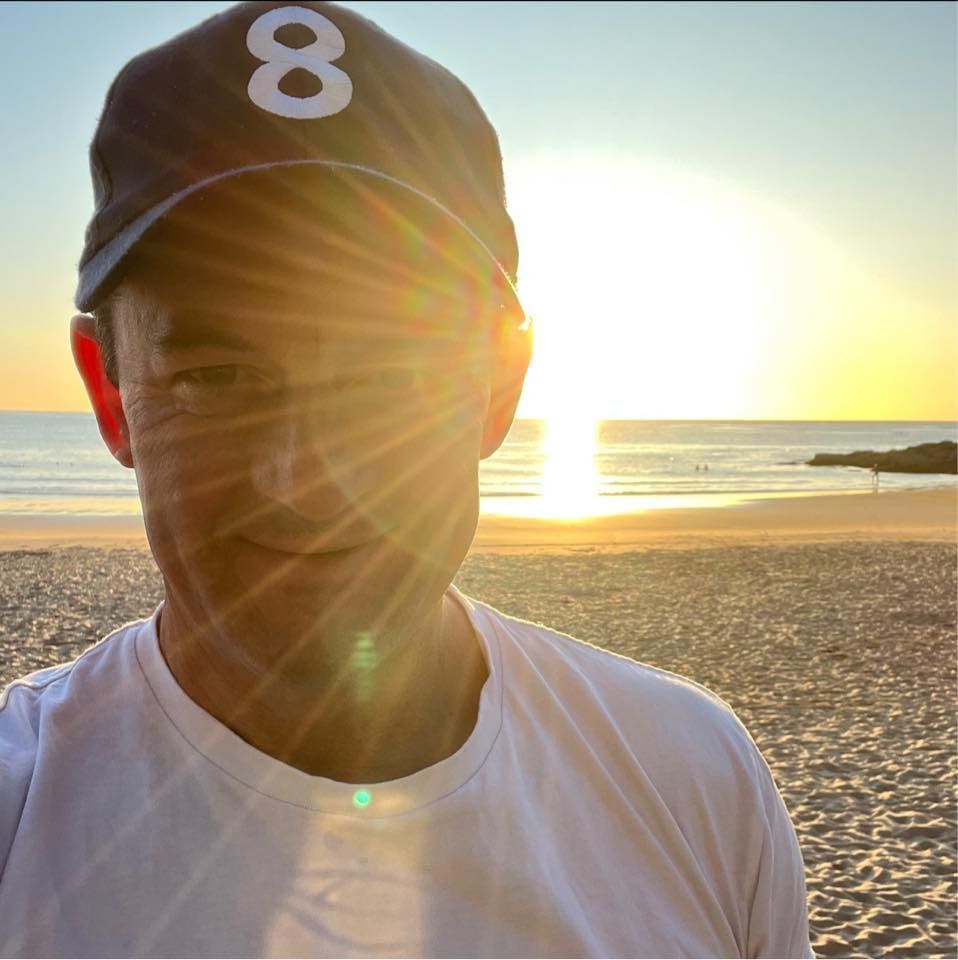
"How you wake up each day and your morning routine (or lack thereof) dramatically affects your levels of success in every single area of your life. Focused, productive, successful mornings generate focused, productive, successful days— which inevitably create a successful life." Hal Elrod (Author of The Miracle Morning )

"By three methods we may learn wisdom: First, by reflection, which is noblest; Second, by imitation, which is easiest; and third by experience, which is the bitterest." CONFUCIOUS In their book Ikigai: The Japanese Secret to a Long and Happy Life, Hector García and Francesc Miralles write that there is no word in Japanese that means to retire in the sense of leaving the workforce for good. The Oxford Dictionary defines ikigai as “a motivating force; something or someone that gives a person a sense of purpose or a reason for living”. In researching their book, García and Miralles spent time in the village of Ogimi on the Japanese island of Okinawa. Ogimi is known as the village of longevity. Its 3000 inhabitants enjoy the highest life expectancy in the world. In Japanese culture, retiring and not keeping mind and body busy is considered bad for your health since it disconnects your soul from your ikigai. Being of service to the village by continuing to be involved in community life or continuing to work is felt to be a key ingredient to longevity. In the book, 92-year-old resident Akira says: “Every day I wake up and go to the fields to grow tomatoes. Later I walk to the grocery store next to the beach and sell them. In the afternoon I go to the community center and prepare green tea for all my family and friends.” These Japanese people keep doing what they love and what they are good at even after they have left the office for the last time. The French, of course, have a similar expression—“raison d’être”—which the Oxford Dictionary defines as “the most important reason for somebody’s/something’s existence”. The more time I spend with spritely elderly people, the more I find they are still involved in their community as volunteers or working the job they loved before they “retired”. Like many of the lessons older people have taught me, we shouldn’t wait until we’re retired to adopt their happiness-inducing and youth-preserving behaviours. The definition of what makes people happy varies greatly, however in his book From Strength to Strength: Finding Success, Happiness, and Deep Purpose in the Second Half of Life, Arthur C. Brooks believes that the three major ingredients of happiness are enjoyment, satisfaction, and purpose. The satisfaction and enjoyment I receive from encouraging people to be better than they believe they are, and to press on in times of hardship, provides a real sense of meaning and purpose in my life. The Dalai Lama, when asked what surprised him most about humanity, replied: “Man. Because he sacrifices his health in order to make money. Then he sacrifices money to recuperate his health. And then he is so anxious about the future that he does not enjoy the present; the result being that he does not live in the present or the future; he lives as if he is never going to die, and then dies having never really lived.” I’ve coached many people who spent the first half of their lives chasing wealth and are now spending the second half of their lives chasing back their health. I’ve been coaching many more people lately who aren’t concerned about the health they have lost. They fear being cast aside and replaced by much younger yet inexperienced people, threatening the wealth they created while they adopted a “health is your wealth” mentality. Those deciding my client’s fates are themselves, in most cases, much younger than these seasoned campaigners. The dirtiest secret I keep for one of my good friends is his age. He invited me to his 40th, which was really his 50th and the younger folks were none the wiser. The best kept secret of my healthiest clients is also their age. I used to say the payoff of fitness is vanity. These days I say it is sanity. The peace of mind my fit "old" friends have is that they look younger than their age, because they look after themselves. In searching for ideas to support how I wanted to describe the collective suffering people have struggled with in the past yet are now enjoying equality and opportunities provided for them after many generations of struggle, ChatGPT served up the following. "Diversity refers to the presence of differences within a given setting. These differences can include various dimensions such as race, ethnicity, gender, age, sexual orientation, socioeconomic status, physical abilities, religious beliefs, political beliefs, and other ideologies." Unprompted, I was then offered, “In a broader sense, diversity encompasses the unique characteristics and perspectives that individuals bring to a group, organization, or society, enriching the collective experience and fostering a more inclusive environment.” I was invited to pitch for a consulting role with a global organisation 10 years ago and the friend who had organised the meeting warned me of the CEO’s bias toward younger people. Within 10 minutes of our meeting, the CEO was challenging the energy levels and enthusiasm of more experienced people as he called them, versus that of 20–30-year-olds. At this point, with the benefit of the heads up, I pulled out my phone and showed him a video to illustrate my point in age versus experience I went on to suggest that the challenge for the 3 standout players in this video was to teach the energetically enthused players how to do what they could do, while they were on the job, not in handover notes that will never be read.. I got the gig. I do think that ageism is the last blatant discrimination in the workplace and needs to be addressed by those with much more clout than my keyboard and contacts can achieve. The brave new world aside, Dame Carol Black from the Centre for Ageing Better brilliantly pointed out “Ageism compounds all other “isms”. Ageism and sexism; ageism and racism etc” A final word to the “whys” of those considering losing experience from their workforce is best left to Carole Eastern CEO of Ageing Better; “Ageism is prejudice against our future selves” The challenge for any generation is to assimilate with people of all ages. Most of the best advice I received in the workforce was bestowed upon me by older colleagues in a social setting for the cost of a steak and a wine, and most of the advice I have dispensed to younger colleagues has been dispensed the same way. Curiously, when I joined the workforce, the biggest shortcoming that was ever levelled at me was my lack of experience.. Age well. DL “The young have bad manners, contempt for authority, disrespect for their elders and a love for chatter instead of exercise. Children began to become the tyrants of their households ……. They no longer rise for their elders ….” Socrates
